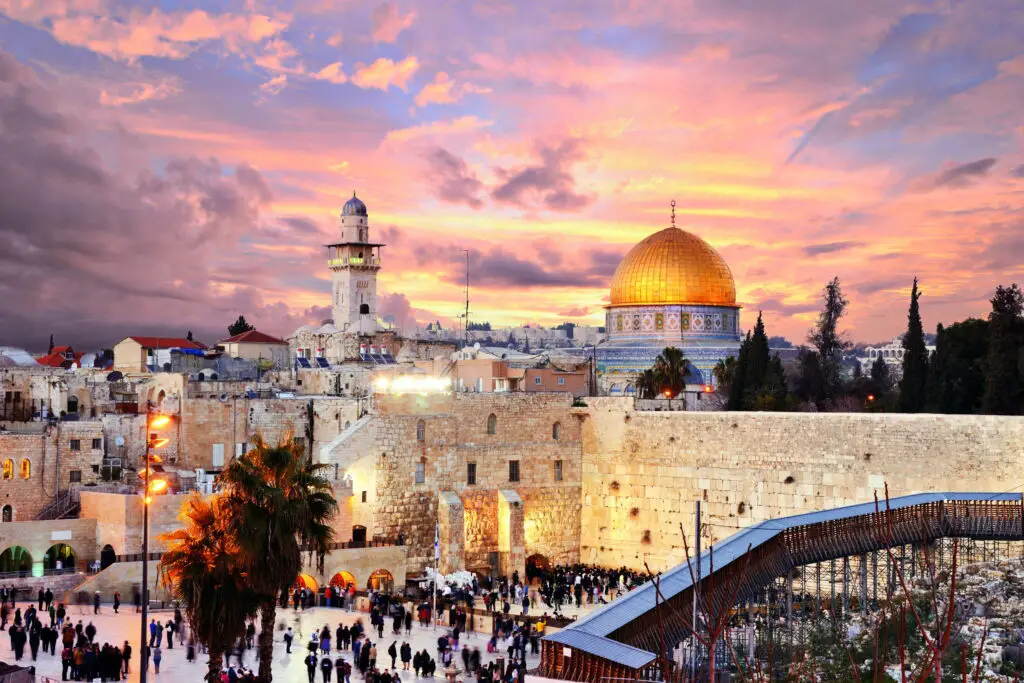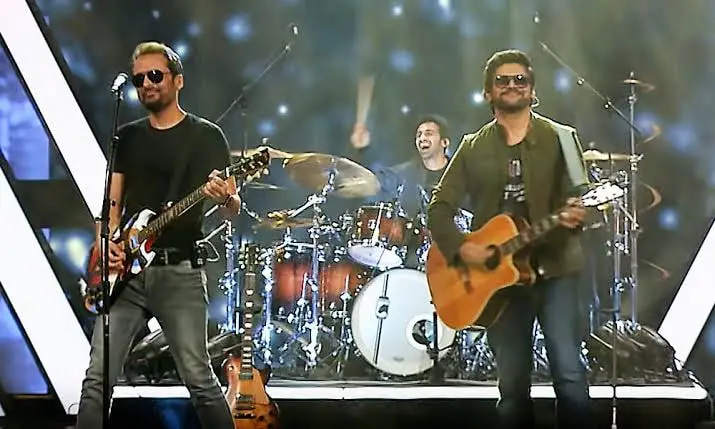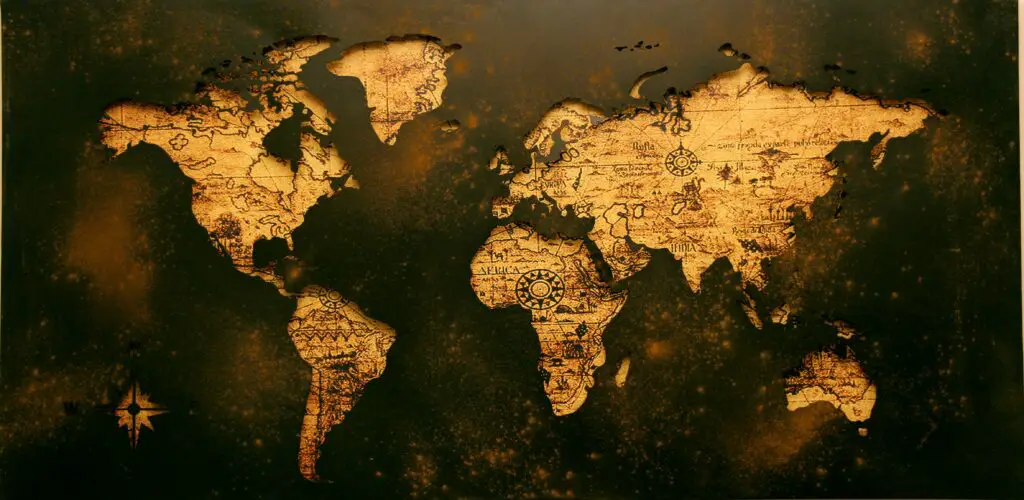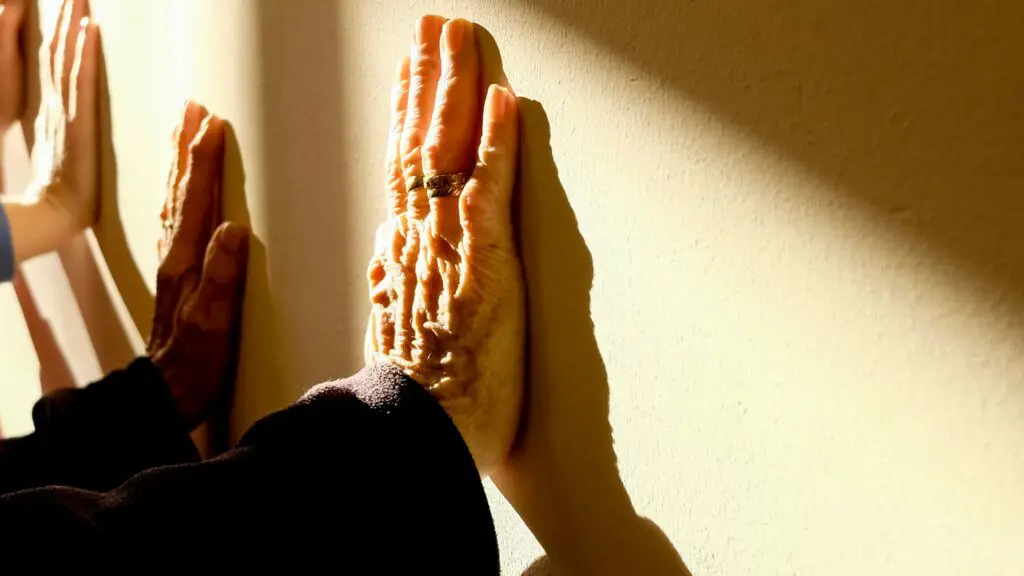Historical Background
Let’s tackle the difficult question: who is right Israel or Palestine?
The Israel-Palestine conflict, a long-standing dispute with deep historical roots, has shaped the Middle East’s political landscape for decades. Its origins trace back to the early 20th century, following the end of the Ottoman Empire and the subsequent British mandate in the region. The conflict intensified with the establishment of the state of Israel in 1948, which was met with resistance from Palestinian Arabs and neighboring Arab countries. Over the years, this conflict has evolved, influenced by various political, religious, and cultural factors, leading to a complex web of issues that challenges easy resolution.
Key Events Shaping the Conflict
Several key events have significantly influenced the trajectory of the Israel-Palestine conflict. The 1948 Arab-Israeli War, the Six-Day War in 1967, and the First and Second Intifadas are pivotal moments that have left lasting impacts on both sides. These events have not only altered territorial boundaries but also shaped the political and social narratives of both Israeli and Palestinian identities.
Perspectives of Israel
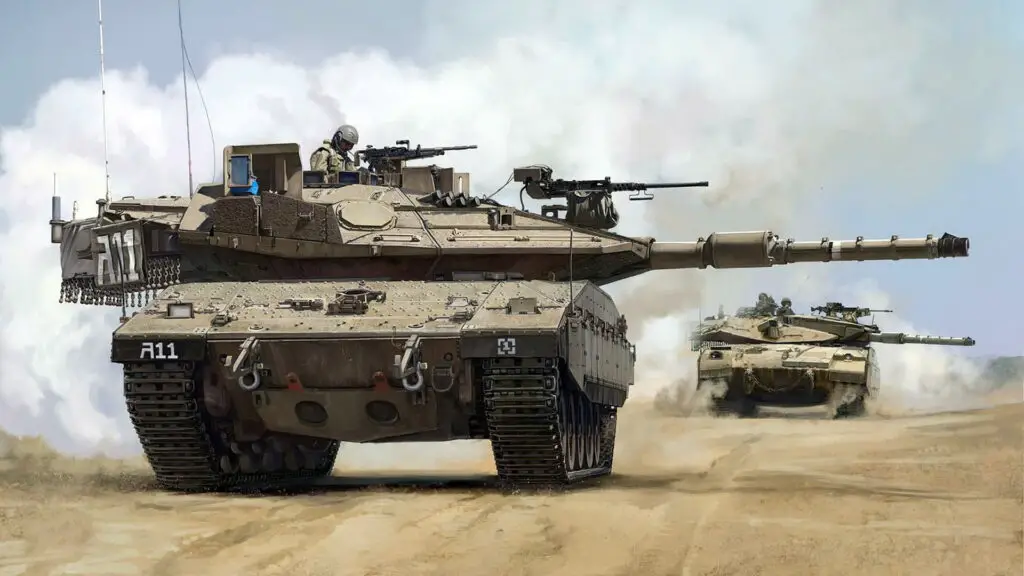
Political Stance
Israel’s political stance has been shaped by its quest for security and international recognition. Governed by a parliamentary democracy, Israel’s policies towards the conflict have varied with its changing political leadership. The country’s primary concerns include maintaining security against perceived threats, controlling disputed territories, and seeking international legitimacy.
Socio-Economic Impacts
The conflict has had significant socio-economic impacts on Israel. It has influenced its defense spending, shaped its international trade relationships, and affected its social fabric, including the integration of diverse immigrant populations.
International Relations and Support
Israel’s international relations are marked by strong ties with Western powers, particularly the United States, and complex relationships with neighboring Arab countries. International support, especially from the U.S., has been crucial in shaping Israel’s military and economic strength.
Perspectives of Palestine
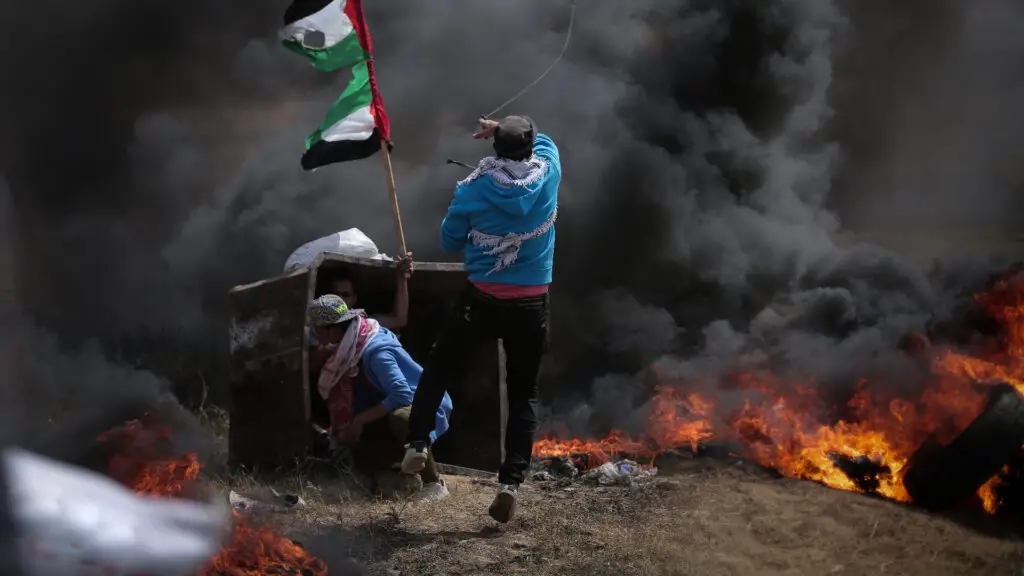
Political Viewpoints
The Palestinian perspective is largely centered on the pursuit of statehood and self-determination. The political landscape is divided between the Palestinian Authority in the West Bank and Hamas in Gaza, each with its own approach to the conflict.
Economic and Humanitarian Concerns
Palestinians face significant economic challenges and humanitarian issues, including limited access to resources, high unemployment, and restrictions on movement due to Israeli control over borders.
Global Support and Challenges
Palestine receives support from various Arab and Muslim-majority countries and international organizations. However, its path to statehood and resolution of the conflict is hindered by internal divisions and external geopolitical challenges.
Key Political Figures and Organizations
Israeli Leaders
Israel’s political scene has been shaped by leaders like David Ben-Gurion, Golda Meir, Yitzhak Rabin, Benjamin Netanyahu, and others. Each leader has influenced Israel’s approach to the conflict and its international standing.
Palestinian Authorities
Key Palestinian figures include Yasser Arafat, Mahmoud Abbas, and the leaders of Hamas. Their policies and actions have significantly impacted Palestinian society and the course of the conflict.
Influential International Organizations
The United Nations, the Arab League, and the European Union are among the international organizations that have played roles in mediating the conflict and providing humanitarian aid.
Territorial Disputes and Resolutions
Historic Agreements and Treaties
Several agreements, such as the Oslo Accords and the Camp David Summit, have attempted to address territorial disputes and establish frameworks for peace. However, these agreements have faced challenges in implementation and acceptance by both sides.
Ongoing Disputes
The status of Jerusalem, settlements in the West Bank, and the Gaza Strip are among the key ongoing territorial disputes. These issues continue to fuel tensions and impede peace efforts.
Socio-Cultural Impact on Citizens
Life in Israel
Israel’s diverse society includes Jews from various ethnic backgrounds, Arabs, Druze, and other minorities. The conflict has influenced Israeli culture, education, and national identity, with citizens facing the realities of mandatory military service and security concerns.
Life in Palestine
Palestinians in the West Bank and Gaza experience daily challenges related to movement restrictions, economic hardships, and limited access to essential services. The conflict deeply affects their cultural and social life, shaping their collective identity and aspirations.
The Role of International Community
United Nations Involvement
The United Nations has been actively involved in the conflict, providing humanitarian aid, passing resolutions, and attempting to mediate peace negotiations. However, its effectiveness and impartiality have often been questioned by both sides.
Global Powers’ Stance
Global powers, including the United States, Russia, China, and the European Union, have differing stances on the conflict. Their geopolitical interests and alliances significantly influence their involvement and efforts towards resolving the dispute. Many different countries have varying views on who is right Israel or Palestine, largely owing to varying opinions of their people.
Military Aspects
Israeli Defense Strategies
Israel’s military strategy focuses on maintaining a strong defense capability, including a sophisticated missile defense system and compulsory military service for its citizens. Its approach to security is shaped by its perception of external threats and the need to protect its borders.
Palestinian Resistance Movements
Palestinian resistance movements have varied from armed struggle to non-violent protests. Groups like Hamas and the Palestinian Liberation Organization (PLO) have employed different tactics, contributing to the conflict’s complexity.
Economic Impacts
Israeli Economy
Israel’s economy is advanced and diverse, with strengths in technology, agriculture, and tourism. The conflict, however, poses challenges to economic stability and growth, influencing foreign investment and trade relations.
Palestinian Economic Conditions
The Palestinian economy struggles with high unemployment rates, dependency on foreign aid, and restrictions imposed by Israeli control. Economic development is further hindered by internal political divisions and the lack of access to natural resources.
Humanitarian Perspectives
Human Rights Issues
Human rights concerns are central to the conflict, with both sides facing accusations of human rights violations. Issues include the treatment of prisoners, civilian casualties, and restrictions on freedoms.
International Humanitarian Efforts
Various international organizations and NGOs work to address humanitarian needs in the region, providing aid, advocating for human rights, and supporting community development.
Media Influence on the Conflict
Israeli Media Coverage
Israeli media coverage of the conflict varies, with mainstream media often reflecting the government’s stance, while independent outlets offer diverse perspectives. Media plays a significant role in shaping public opinion and international perceptions.
Palestinian Media Narratives
Palestinian media narratives focus on the struggle for statehood, resistance against occupation, and the plight of the Palestinian people. Media in Palestinian territories is subject to constraints and influences from political factions and external pressures.
Efforts Towards Peace
Past Peace Initiatives
Past peace initiatives, including the Madrid Conference, the Oslo Accords, and the Camp David Summit, have aimed at resolving the conflict through negotiations. These efforts have faced setbacks due to lack of trust, political changes, and unmet commitments.
Current Peace Efforts and Challenges
Current peace efforts involve regional and international actors trying to revive negotiations and address core issues. Challenges include political divisions, changing regional dynamics, and skepticism about the feasibility of a two-state solution.
The Future of Israel and Palestine
Potential Scenarios and Predictions
Experts offer various scenarios for the future of the conflict, ranging from a two-state solution to a one-state reality. Predictions often consider factors like demographic changes, political developments, and regional dynamics.
Expert Opinions – Who is Right Israel or Palestine
Expert opinions on the conflict are diverse, reflecting a range of political, cultural, and historical perspectives. Scholars, diplomats, and analysts offer insights into potential paths forward and the complexities of achieving lasting peace.
Public Opinion and Activism
Global Public Opinion
Global public opinion on the Israel-Palestine conflict is varied, influenced by media coverage, political ideologies, and cultural factors. International solidarity movements and public demonstrations reflect the global interest and concern regarding the conflict.
Activist Movements and Their Impact
Activist movements, including pro-Israeli and pro-Palestinian groups, play significant roles in advocating for their respective causes. These movements influence public opinion, policy decisions, and international awareness of the conflict.
Legal and Ethical Considerations
International Law and the Conflict
The conflict raises important questions regarding international law, including the legality of settlements, the status of Jerusalem, and the rights of refugees. International legal frameworks and court decisions have influenced the discourse and actions of both sides.
Ethical Dilemmas
The Israel-Palestine conflict presents ethical dilemmas related to warfare, civilian protection, statehood, and human rights. These dilemmas challenge the international community, policymakers, and individuals engaged in the conflict.
Israel vs. Palestine in Global Politics
Influence in Middle Eastern Politics
The Israel-Palestine conflict has a significant impact on Middle Eastern politics, influencing regional alliances, conflicts, and diplomatic relations. It remains a central issue in the region, affecting the policies and strategies of neighboring countries.
Impact on Global Geopolitics
The conflict’s impact extends beyond the Middle East, influencing global geopolitics. Major powers’ involvement, along with the conflict’s symbolic and strategic significance, makes it a key issue in international relations and global security.
Technological and Environmental Factors
Technological Advancements in the Conflict
Technological advancements play a critical role in the conflict, with Israel’s military technology and surveillance capabilities being particularly notable. Palestinians also utilize technology for communication, organization, and advocacy.
Environmental Concerns and Policies
Environmental issues, including water resource management and pollution, are important aspects of the conflict. Environmental concerns transcend political boundaries, requiring cooperation and sustainable policies for the benefit of both populations.
So Who is Right Israel or Palestine?
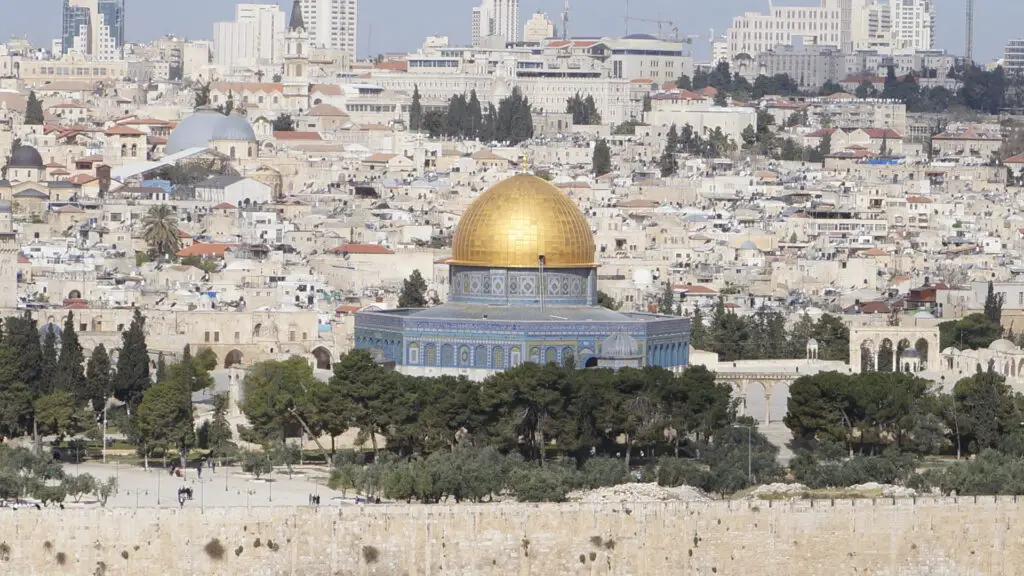
Summary of Key Points
This article has explored the complex dimensions of the Israel-Palestine conflict, examining the historical background, political perspectives, socio-economic impacts, and efforts towards peace. The conflict remains one of the most enduring and contentious issues in modern history, deeply affecting the lives of Israelis and Palestinians.
Hopes for the Future
In conclusion, the path forward for Israel and Palestine is fraught with challenges, yet there remains hope for a peaceful resolution. It requires mutual understanding, international cooperation, and a commitment to justice and human rights. The world continues to watch and wait, hoping for a day when peace will prevail in this historically rich and diverse region.
FAQs on the Israel-Palestine Conflict
What are the root causes of the Israel-Palestine conflict?
The Israel-Palestine conflict stems from a complex history of political, territorial, and religious disputes. The root cause dates back to the early 20th century, involving the claim of the same land by both Jewish and Palestinian Arab national movements. The establishment of Israel in 1948, in what was then British-controlled Palestine, led to war and the displacement of many Palestinians, a situation referred to as the Nakba or “catastrophe” by Palestinians. Historical grievances, cultural differences, and issues surrounding Israeli settlements, Palestinian statehood, and the status of Jerusalem further fuel the conflict.
Main Points – Who is right Israel or Palestine?
Key points of contention include the borders of Israel and a future Palestinian state, the status of Jerusalem, Israeli settlements in the West Bank, security concerns for Israel, and Palestinian demands for recognition and rights, including the right of return for Palestinian refugees. The division of Jerusalem, with its significant religious sites, is particularly contentious, as both sides claim it as their capital.
How have international organizations contributed to peace efforts in the region?
International organizations, notably the United Nations, have played roles in mediating peace talks and providing humanitarian aid. The UN has passed numerous resolutions aimed at addressing various aspects of the conflict. Other organizations, including the European Union and the Arab League, have also been involved in peace initiatives. However, the effectiveness of these organizations is often limited by geopolitical complexities and the intransigence of the parties involved.
What impact does the conflict have on the daily lives of Israeli and Palestinian citizens?
The conflict deeply affects daily life for both Israelis and Palestinians. In Israel, there is a pervasive sense of security concern, leading to significant military spending and mandatory conscription. For Palestinians, the impact is more profound, with restrictions on movement due to Israeli checkpoints, economic hardships, and limited access to resources in the West Bank and Gaza. The psychological impact of the conflict, including trauma and a sense of uncertainty about the future, affects communities on both sides.
What are the prospects for a two-state solution?
The two-state solution, proposing separate Israeli and Palestinian states, is a widely endorsed resolution but faces significant challenges. These include disagreements over borders, the status of Jerusalem, and the political split between the Palestinian Authority in the West Bank and Hamas in Gaza. Despite various international efforts to revive this solution, progress has been stymied by political, territorial, and ideological divides, making the future of this proposal uncertain.
How can individuals around the world contribute to a peaceful resolution?
Individuals can contribute to a peaceful resolution through advocacy, education, and supporting peace-building initiatives. This includes staying informed about the complexities of the conflict, engaging in constructive dialogue, and avoiding inflammatory rhetoric. Supporting organizations that work towards peace and humanitarian aid in the region can also be impactful. Additionally, advocating for fair and balanced policies within one’s own country can help influence international efforts towards a resolution. Ultimately, promoting mutual understanding and respect between communities is a vital step towards peace.
Enjoyed reading this? Read more of my rants here.

